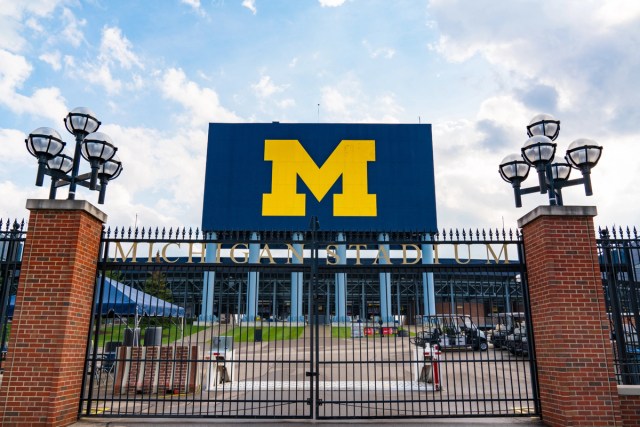
If you're considering applying to the University of Michigan—Ann Arbor School of Dentistry, this article is a must-read.
Posted March 2, 2024

6:00 PM UTC · 30 minutes
UMich DDS Class Profile (Class of 2027) University of Michigan School of Dentistry DDS Application Overview (2023-2024) University of Michigan School of Dentistry DDS Program Overview Key Takeaways
If you have aspirations of becoming a dentist, you may be curious about the admission requirements and process for the University of Michigan School of Dentistry. The University of Michigan School of Dentistry at Ann Arbor has a longstanding reputation for excellence in dental education. With roots dating back over 140 years, UMich was the first state university in the world to offer a dental education and has consistently been at the forefront of dental research, innovation, and education. As one of the most prestigious dental schools in the nation, it offers a comprehensive curriculum that focuses on hands-on learning and clinical experience and a supportive and inclusive community. With state-of-the-art facilities and technology, students gain practical experience with the latest tools and techniques in dentistry with the guidance of experienced faculty, preparing them to become skilled and confident dental professionals.
In this article, we will provide an in-depth overview of everything you need to know in order to gain acceptance into this prestigious institution.
| Application Opens | May 10, 2023 |
| Application Closes | October 15, 2023 |
The admissions requirements for UMich School of Dentistry (SOD) are rigorous in order to ensure that only the most qualified candidates are accepted. To apply to the DDS program, you’ll need to submit official transcripts from all colleges or universities attended to show you have completed at least 90 semester hours or 135 quarter hours of academic coursework, although completing a bachelor’s degree is highly recommended. You’ll also need to have completed the following courses with a grade of C- or higher by May of your intended year of matriculation:
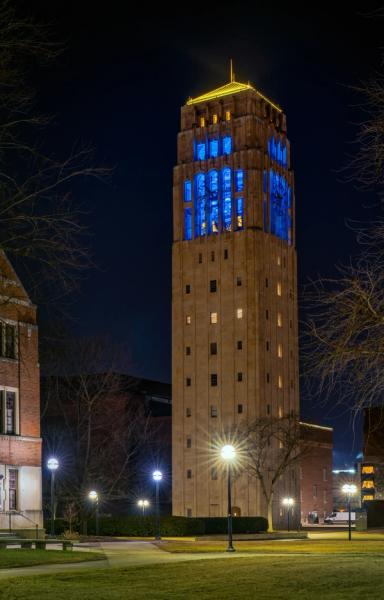
The School of Dentistry accepts community college coursework, but highly recommends completing the prerequisites at a four-year institution. AP coursework is accepted if credit was received and the AP courses appear on your official transcripts. CLEP credits are not accepted.
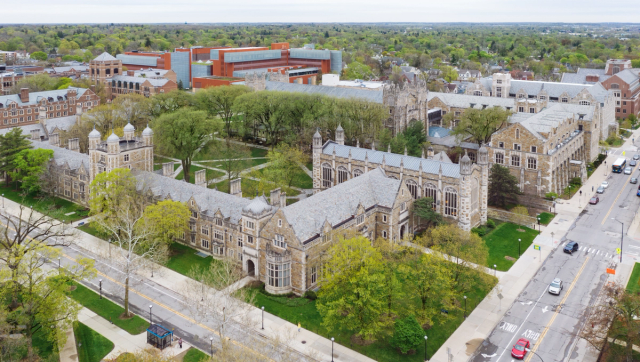
UMich requires applicants to complete at least 100 hours of shadowing of a dentist in a patient-care setting to demonstrate interest in dentistry. While most applicants shadow general dentists, shadowing experiences completed with dental specialists such as orthodontists or oral surgeons are also accepted. Work as a dental assistant is accepted, but should not be your only source of shadowing experience.
Dental-related extracurricular activities such as volunteering or participating in a pre-dental club are recommended, but are optional and do not count towards the shadowing requirement. Both shadowing and extracurricular activities should be reported in your AADSAS application. The School of Dentistry admissions committee also recommends applicants show a commitment to addressing health disparities and caring for underserved communities through shadowing or extracurricular experiences.
The University of Michigan dental school application requires three letters of recommendation, although you may choose to submit an additional fourth letter from an evaluator of your choice.
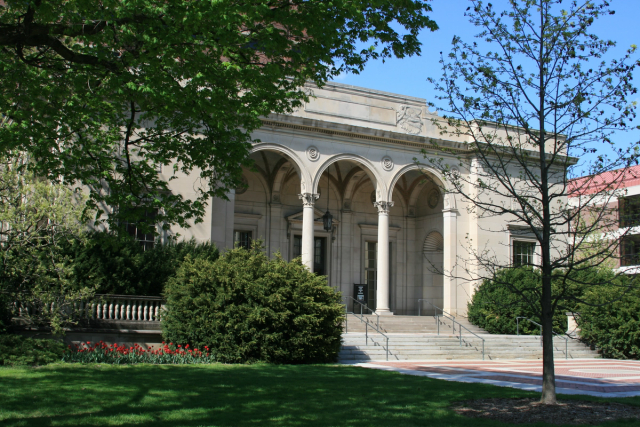
You'll need to submit official DAT scores from within the past 3 years for your application. In order to meet the application deadline, you will need to take the DAT before August 31st of your application year. While UMich does not have a DAT score cutoff, it recommends you aim for a score similar to the Class of 2027 average DAT (21.8), as it is a highly competitive dental school.
After submitting the application, about 300 applicants are extended invitations for Campus Visit Interviews, which begin in the fall and continue through January. As of the 2023-2024 application cycle, UMich SOD also offers virtual interviews.
The interview utilizes the Multiple Mini Interview (MMI) format, during which candidates rotate through timed stations for one-on-one discussions about a variety of topics with admissions committee members, dental students, staff, and faculty.
Application Fee
Applicants need to pay a nonrefundable application fee of $75. If you qualify for the AADSAS Fee Assistance Program, you may waive this fee by sending your approval email from AADSAS to the admissions office at ddsadmissions@umich.edu.
For more information about the DDS application process, see the UMich SOD admissions page.
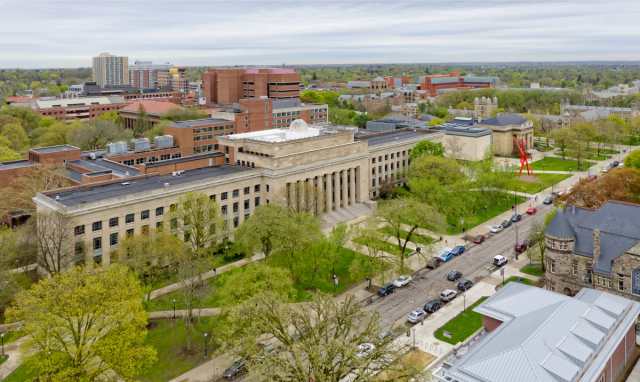
The Doctor of Dental Surgery (DDS) program at the University of Michigan School of Dentistry emphasizes biomedical sciences and clinical care, with direct patient care beginning in D1. UMich operates on a quarter system, so each year is divided into a spring/summer, fall, and winter quarter. The program is also unique in its vertical integration: students in all four years form clinical dentistry teams.
D1 Student Experience
First-years will choose one of two Pathways:
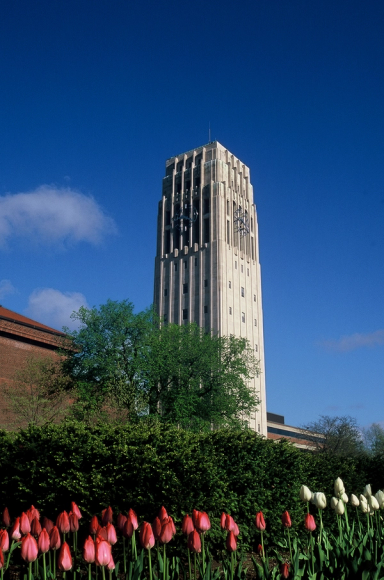
First-years will take courses covering the fundamentals of biomedical sciences and dentistry-specific topics, while also spending half a day each week in clinic, assisting upper classes in clinical care starting in winter quarter.
D2 Student Experience
Second-year students will continue courses and increase their clinical time to 1 to 2 days each week conducting exercises such as bite splint fabrication, intraoral photo taking, occlusal examination, and local anesthesia, as well as planning treatment for uncomplicated patients and providing fillings and cleanings. Starting in winter quarter, second-year students will begin managing patient families.
D3 Student Experience
Third-years will spend about two days a week seeing their own patients, while also completing two weeks of hospital dentistry outside the School of Dentistry. They’ll also complete oral surgery and pediatric dentistry specialty-based rotations.
D3s will serve patients with a diverse set of needs and gain practical dental experience while providing community service at more than 20 clinics across the state.
General Dentistry Clinics:
Partner Clinics Through the Community-Based Collaborative Care and Education (CBCE) Program:
D4 Student Experience
D4s will spend 3 days a week seeing their own patients and complete 12 weeks of Outreach outside of the School in various community-based practice settings. If you chose the Immersion Pathway, you will also present your completed project at the annual Pathways Day.
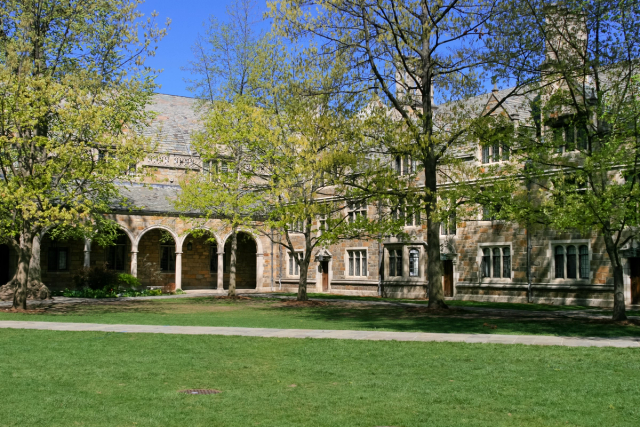
Offering a breadth of academic, volunteer, and social opportunities, student life in the UMich DDS is known for its inclusivity and supportive environment. Dental students contribute to community-based care in 26 clinics across the state through the CBCE Program and through Global Initiatives in Oral and Craniofacial Health. These initiatives take place in nine countries across the globe, offering dentists-in-training the opportunity to visit another country and learn about the culture and healthcare systems, as well as special topics such as dental hygiene for children with disabilities, cleft lip/palate, outreach to rural communities, and preventative oral health programs.
As a top 5 NIH-funded research institution, UMich SOD also offers several ways to get involved in research, such as training opportunities on campus and at the NIH and a DDS/Oral Health Sciences PhD program. Students in this dual degree program earn a DDS from the School of Dentistry and a PhD in Oral Health Sciences from the Rackham Graduate School.
Cost of Attendance
As a public institution, UMich School of Dentistry is more affordable than most other dental schools, especially for Michigan residents. However, the cost of attendance is still a significant financial burden.
All applicants are automatically considered for SOD scholarships, and UMich also offers need-based grants and loans, which you will have to apply for through FAFSA.
| D1 | D2 | D3 | D4 | |
|---|---|---|---|---|
| Michigan Resident Tuition & Fees | $46,721 | $55,710 | $55,710 | $55,710 |
| Non-resident Tuition & Fees | $63,226 | $75,390 | $75,390 | $75,390 |
| Books & Lab Fees | $5,774 | $4,264 ($2,977 for non-residents) | $2,164 | $4,679 |
| Instruments | $4,790 | $4,390 | $4,390 | $4,390 |
| Living Costs | $37,870 | $45,444 | $45,444 | $45,444 |
Here are a few more resources you may find helpful as you apply to dental school:
Leland coaches have helped thousands of people achieve their goals. A dedicated mentor can make all the difference.